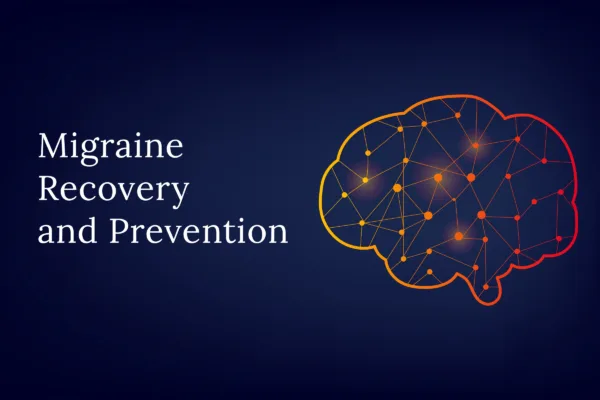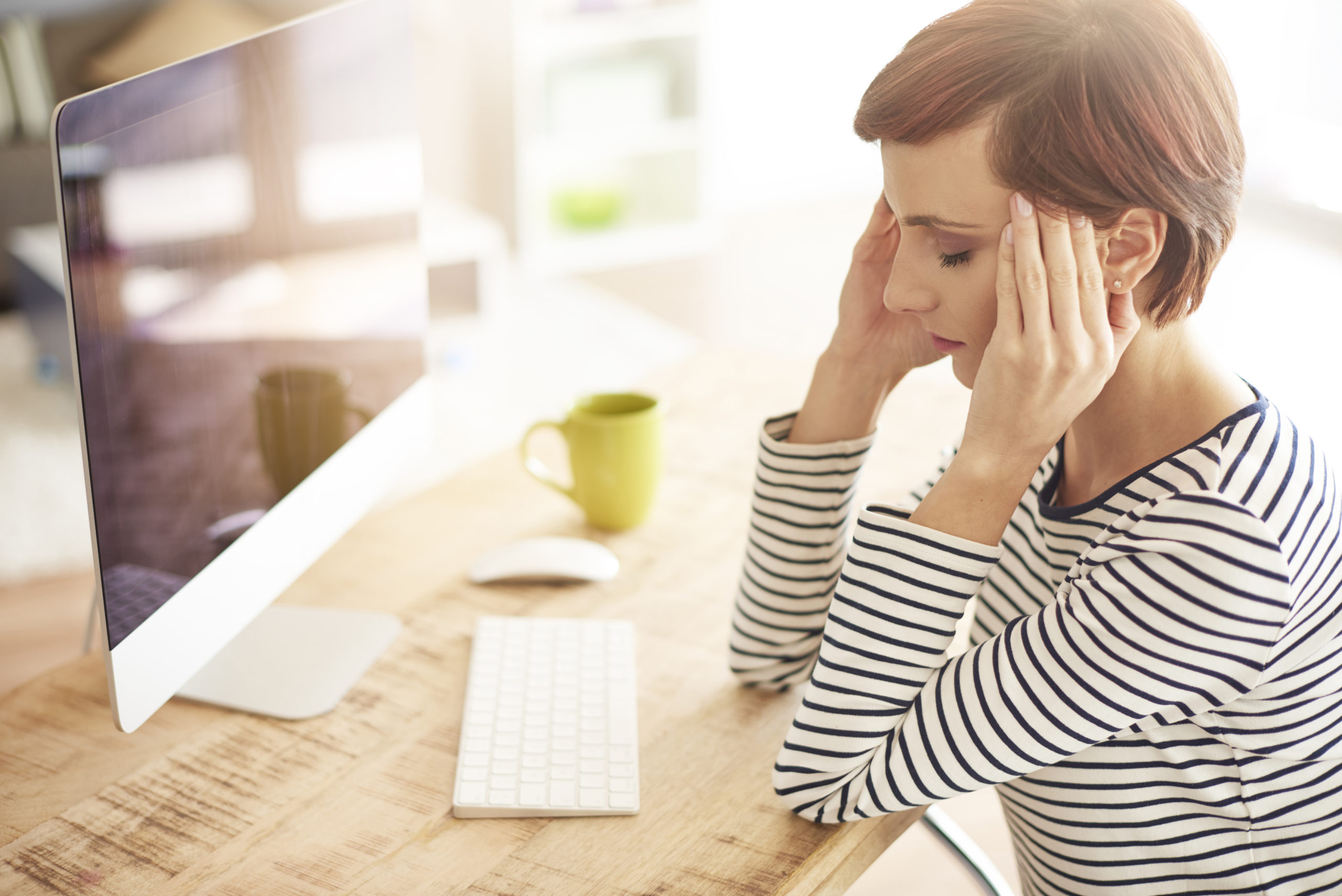Stress response is the body’s natural reaction to challenges and is essential to our survival as a species. However, stressful events or situations can also leave us feeling overwhelmed and interfere with our physical and emotional well-being. Short-term stress (also called “acute stress” or “fight or flight” response) can cause the release of stress hormones, increase blood pressure and accelerate the heart rate.
On the other hand, long-term chronic stress can have significant effects on the body, such as suppression of the immune, nervous, endocrine and cardiovascular systems. In fact, if we are continuously exposed to situations that we perceive as stressful, the “fight or flight” response produced by our nervous system stays activated and can wreak havoc on our health. Here are some effective ways to manage your stress and anxiety levels and cope with stressors in a proactive way.
1. Learn what triggers your anxiety
In order to better cope with daily feelings of stress and anxiety, the best strategy is to first identify your unique stressors. One way to do this is to write in a stress journal when you feel stressed or anxious, and then look for a pattern. You will likely notice that some of your stressor triggers are events that happen to you, while others seem to be self-induced.
The stress triggers that happen around you are referred to as external stressors, and include major life changes such as moving, changes in relationship status, work deadlines, and unpredictable events. Moreover, stress can also be self-inflicted by intrusive feelings and thoughts, also called internal stressors, which can be a great source of anxiety.
2. Exercise regularly
Exercising regularly is an effective strategy to manage stress, since regular exercise increases immune system function, while reducing the levels of stress hormones in the body. Exercising also triggers the release of endorphins, chemicals produced naturally by the nervous system that help the body to fight the effects of stress and also produce feelings of euphoria and happiness.
Recent scientific studies have shown that regular exercise can even fight depression and bad mood by increasing self-confidence and even cognitive function.
3. Talk to someone
Creating a strong support network comprised of friends and family is one of the most effective ways to deal with stress. Talking to someone about what worries you or makes you anxious can help you feel better by creating a sense of belonging, as well as by increasing your self-confidence and making you feel more secure.
New research studies show that creating a strong support network around you can help to prevent feelings of depression and protect your mental health. Moreover, confiding in a friend or a family member can help you better cope with daily stress and challenges.
4. Practice Meditation
Meditation has numerous positive effects on the body and mind, and is a great tool for coping with stress. Daily meditation practice can also help you to recognize your stress triggers to better cope with your feelings of anxiety. Moreover, meditation can help to reduce the negative physiological effects of stress on the body, such as elevated blood pressure.
Several large-scale scientific studies involving thousands of participants have demonstrated that even 10-minute mindfulness meditation sessions can help to reduce feelings of stress. Some types of meditation can also improve feelings of depression (which can be sometimes caused by long-term stress) and create a more positive outlook on life.
5. Get enough sleep
Sleep is essential in regulating many of the body’s processes, and not sleeping enough can trigger your body to release more stress hormones. Moreover, poor quality of sleep can lead to even cause health problems such as weight loss or weight gain, decreased cognitive performance and memory impairments. There are many effective relaxation techniques for better physical and mental relaxation at bedtime, including progressive muscle relaxation, biofeedback, autogenic training and visualization techniques.
You can learn more about these exercises by reading about them or by taking a course in relaxation techniques. These techniques work by reducing muscle tension, as well as blocking the flow of intrusive or negative thoughts that can prevent us from going to sleep.


















